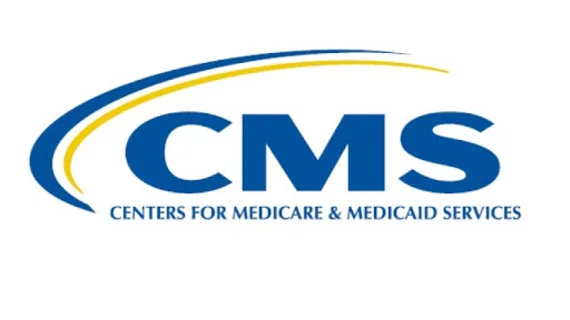Medicaid director resigns after 3 months
After being appointed by the Trump administration to oversee Medicaid and the Children’s Health Insurance Program (CHIP) only a few months ago, Mary Mayhew has resigned.
Mayhew was named deputy administrator and director of the Center for Medicaid and CHIP Services on Oct. 15, 2018, after previously serving as Maine’s health commissioner.
“I appreciate her efforts at CMS and I look forward to continuing to work with her as she uses her many talents to help the state of Florida create a healthcare system that serves the needs of its citizens," CMS Administrator Seema Verma said in a statement.
In Maine, Mayhew opposed Medicaid expansion as allowable under the Affordable Care Act. She stepped down from her position in 2017 to run for governor of the state, a race she ultimately lost.
Maine Governor Janet Mills announced she would expand Medicaid in the state by Feb. 1, 2019, after she took office this year. Voters approved the Medicaid expansion at the ballot box in 2017. Former Gov. Paul LePage had previously vetoed the expansion numerous times.
Mayhew’s resignation from CMS was announced Friday Jan. 4, when she also announced a new role with Florida Governor-elect Ron DeSantis.

